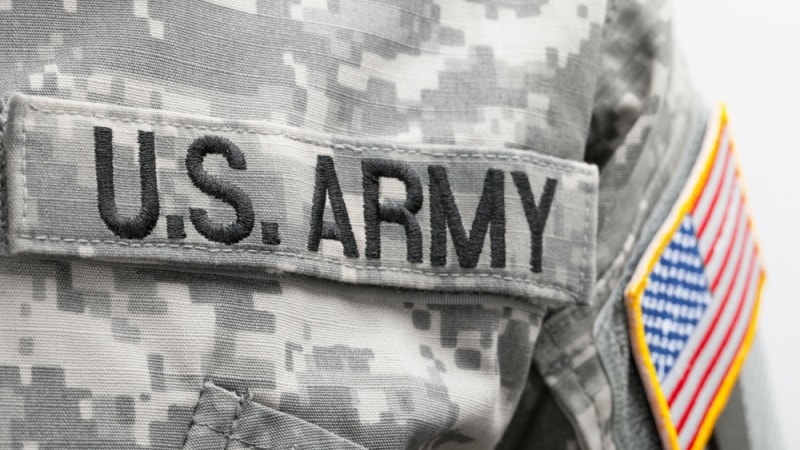
As it looks to modernize its software procurement process, the U.S. Army is setting up a digital center of excellence for contracting as well as building a “cell” that can offer expertise specific to large software contracts, according to Army Chief Information Officer (CIO) Leonel Garciga.
Garciga explained that the digital center of excellence for contracting will live at the Army Contracting Command up at Aberdeen Proving Grounds in Maryland, where it will serve as a hub to make the everyday contracting operations more seamless across the Army.
“I think what we’re looking for [with] software is in two steps,” Garciga said on March 26 during Federal News Network’s DoD Cloud Exchange. “I think step number one is how do we build this digital center of excellence for contracting that’s focused around making sure that we have the skill set at an Army Contracting Command that’s necessary for us to really accelerate those efforts, i.e. subject matter experts who understand software development who can help customers really flesh out how they want to get that contract put in place in the most agile way.”
Step number two, which Garciga said is happening simultaneously, is his team within the CIO shop “standing up a very small cell, which is focused on helping either big programs or really critical programs in the Army run through the wickets of a better software contract.”
The CIO explained that this cell would bring in Army software development experts and engineers to offer expertise to the command on how to get the right agile contract or task orders in place.
“There’s a two-pronged approach we’re taking,” he said. “There’s a white glove kind of approach for critical systems that are important ones, and then there’s the everyday operations that we’re going to do at the digital center of excellence.”
The Army has already started training efforts “to start building that bench” of expertise at the Army Contracting Command. “I think we’re in a really good spot on getting the workforce trained up in those specific areas,” Garciga said.
The CIO said that the digital center of excellence for contracting will “start small” by selecting a few areas to focus on and then eventually scale out those lessons learned.
As for the cell within the Army CIO office, Garciga said his team has “started the process of building that cell up.”
“There were some critical efforts out in some of our commands that they’ve asked for help, and they’ve needed that expertise. So, we’ve already actually started bringing some of that expertise to bear from our team,” he explained.
“I think the next step is a really important step is how do we do governance around that,” Garciga added. “We have a small team that does this for data right now, with a very firm governance structure and it moves really, really fast on data challenges. So, I think we’re going to do something very similar here, and that’s the next step. And that’ll happen over the next 30-45 days. We’re going to codify that with a charter and start getting some of the official projects kicked off.”
Right now, Garciga said this initiative is government-only as it gets started, but he envisions it being “a mix” with industry contracting support as it builds out.
“The question that we are getting from our industrial base partners, and just from partners out in the commercial space, is ‘What does this mean for us?’ And this is a part that I’m really excited about. I think the challenge with the traditional kind of contracting approach, and some of them we’ve seen by not having that expertise in, is two different things: we alienate some of our more leading edge partners – i.e. because we’re telling them to kind of go backward to deliver – and I think that this is going to give some flexibility and some expertise so they can more healthily compete in the environment.”
As for the industry partners that have been supporting the Army for a long time, and who maybe haven’t had the opportunity “to take that next step,” Garciga said, “this is really going to give them a landing pad to accelerate some of those efforts.”
“Now they’re going to have both a contract and a government partner who understands the space that can help move them along,” Garciga concluded. “So, this is going to be a really good place to be when it gets together.”
